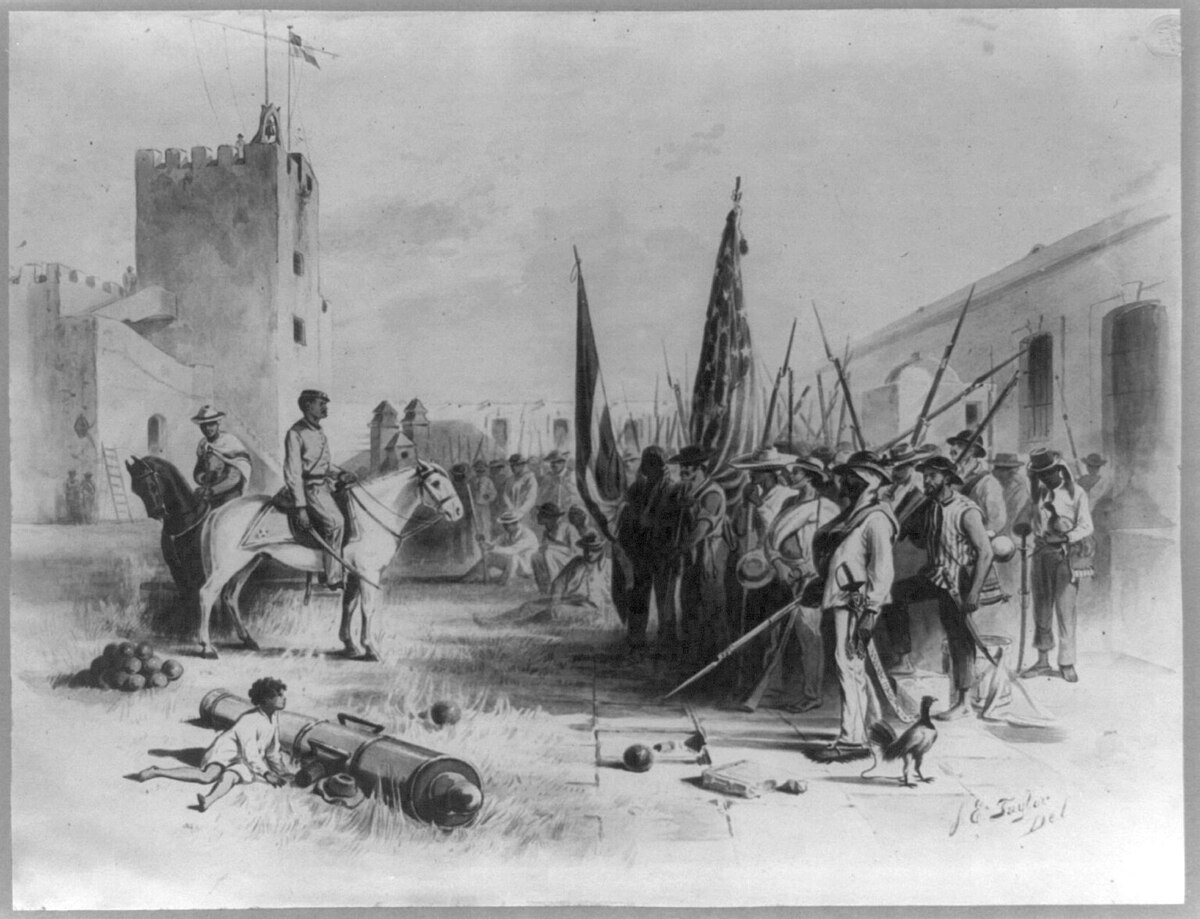Acadiana is interesting because it is (and was) it entails an entire population of mixed race ethnic groups that have amounts of cultural interchange between each other. I would be very interested to see if other US states could be just as mixed culturally or creolized as Acadiana is. What ideas do you guys have?
Could, for example, if colonization was driven not mostly by profit but rather to kick out political dissident and religious heretics out of the country similar to, in some ways, what Australia was then would we lead to a situation where there is a strong incentive to assimilate or merge the different cultures together whereby the settlers, given their lack of connection to the central government and necessity to cooperate with the natives (which were similar considerations that French settlers had to make).
Another could be, as another poster here on another thread suggested, that the PLC start a colony. Due to the relative precarity of the colony and the experience the PLC has treating opposing polities like Native American tribes as possible vassals, and thus people to negotiate with, rather than people to exterminate may lead to a situation where the PLC colony adopts and intermarries much of the native populations.
What do you guys think?
Could, for example, if colonization was driven not mostly by profit but rather to kick out political dissident and religious heretics out of the country similar to, in some ways, what Australia was then would we lead to a situation where there is a strong incentive to assimilate or merge the different cultures together whereby the settlers, given their lack of connection to the central government and necessity to cooperate with the natives (which were similar considerations that French settlers had to make).
Another could be, as another poster here on another thread suggested, that the PLC start a colony. Due to the relative precarity of the colony and the experience the PLC has treating opposing polities like Native American tribes as possible vassals, and thus people to negotiate with, rather than people to exterminate may lead to a situation where the PLC colony adopts and intermarries much of the native populations.
What do you guys think?
